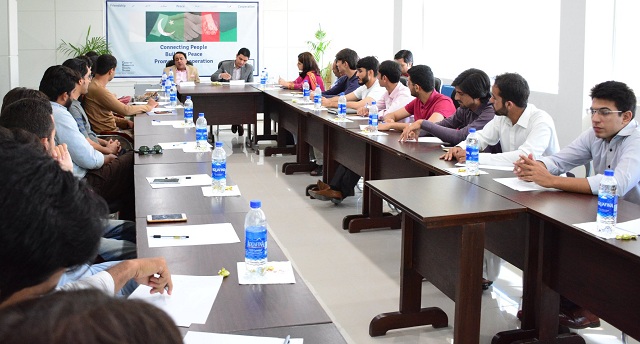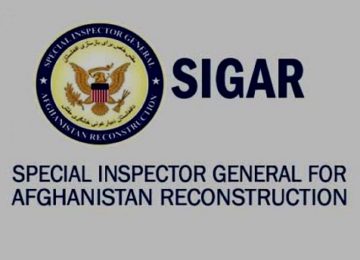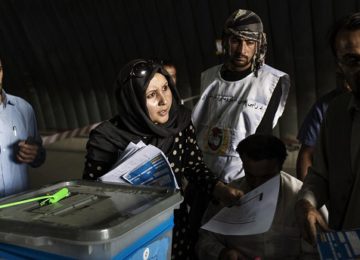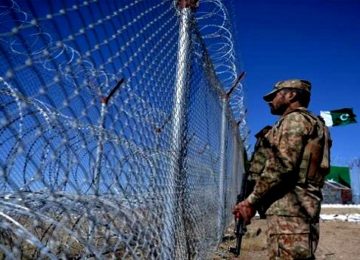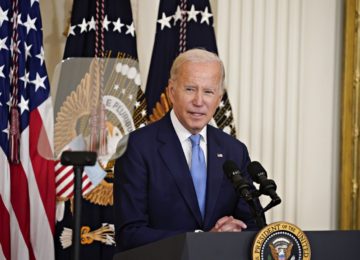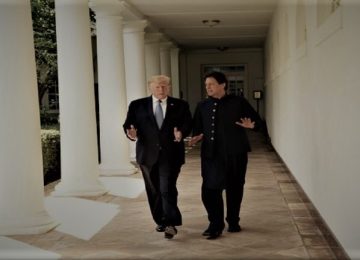August 10, 2018
Why are some countries rich and other poor? Why are Pakistan and Afghanistan, having all the ingredients required for development, but still struggling economically with the majority population still living below poverty line? Mr. Saddam Hussein, a young economist and columnist, who was the Chief Guest and Trainer at the 10th Pak-Afghan Youth Training Workshop at the Center for Research & Security Studies (CRSS) held on Thursday, August 09, 2018, posed these thought-provoking questions to young Afghans and Pakistanis.
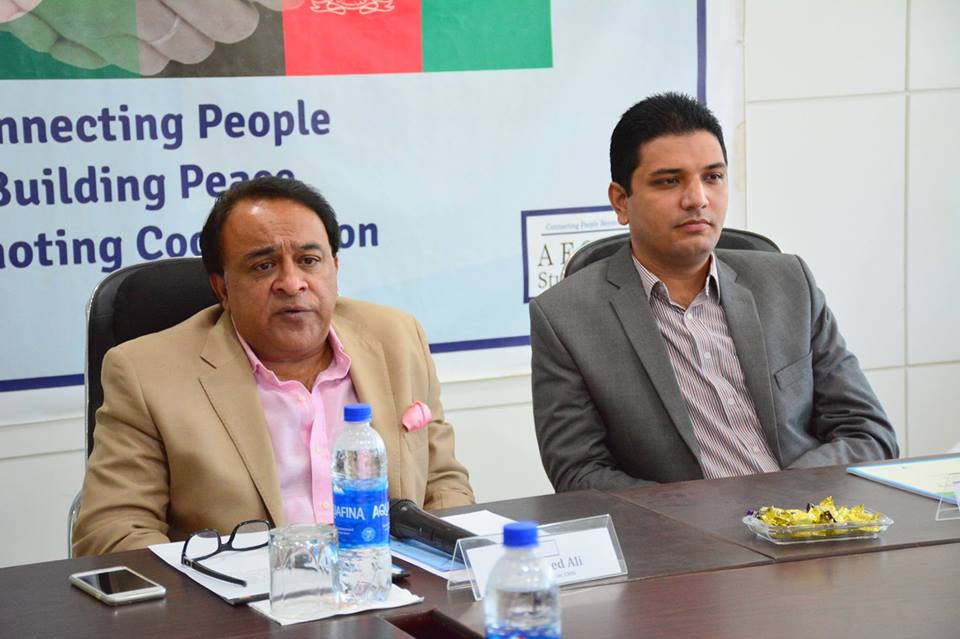
Participants of the workshop included young Afghans and Pakistanis enrolled in undergraduate and graduate programs at Quaid-i-Azam University (QAU), National Defense University (NDU), International Islamic University, Islamabad (IIUI), Bahria University, and National University of Modern Languages (NUML), Islamabad. Some of the participants came all the way from Peshawar, Lahore, and Bajaur, to attend the workshop.
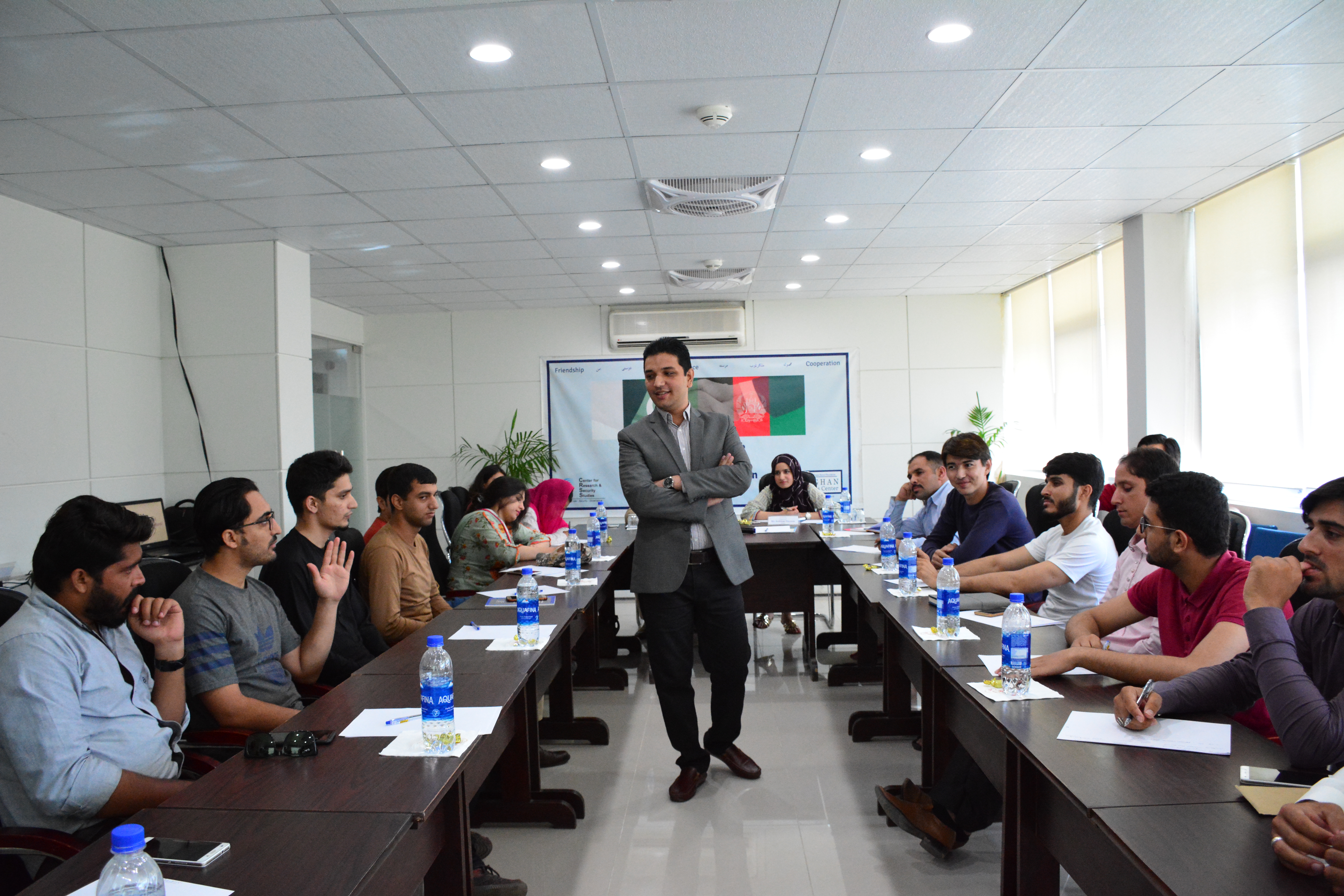
Speaking on the theme “Strengthening Institutions: Road to Economic Development in Pakistan and Afghanistan”, Mr. Hussein stated that for decades the geographical hypothesis, the cultural hypothesis and the natural endowment theory were given as three primary explanations for the difference in economic performance among countries. But these theories lack any strong evidence. The contemporary and most significant theory in this regard is that some countries are rich and other poor, only because of the difference in their institutions. Institutions are simply the rules of the game, processes or mechanisms that shape social, economic and political interaction of individual and groups, within the framework of an incentive structure.
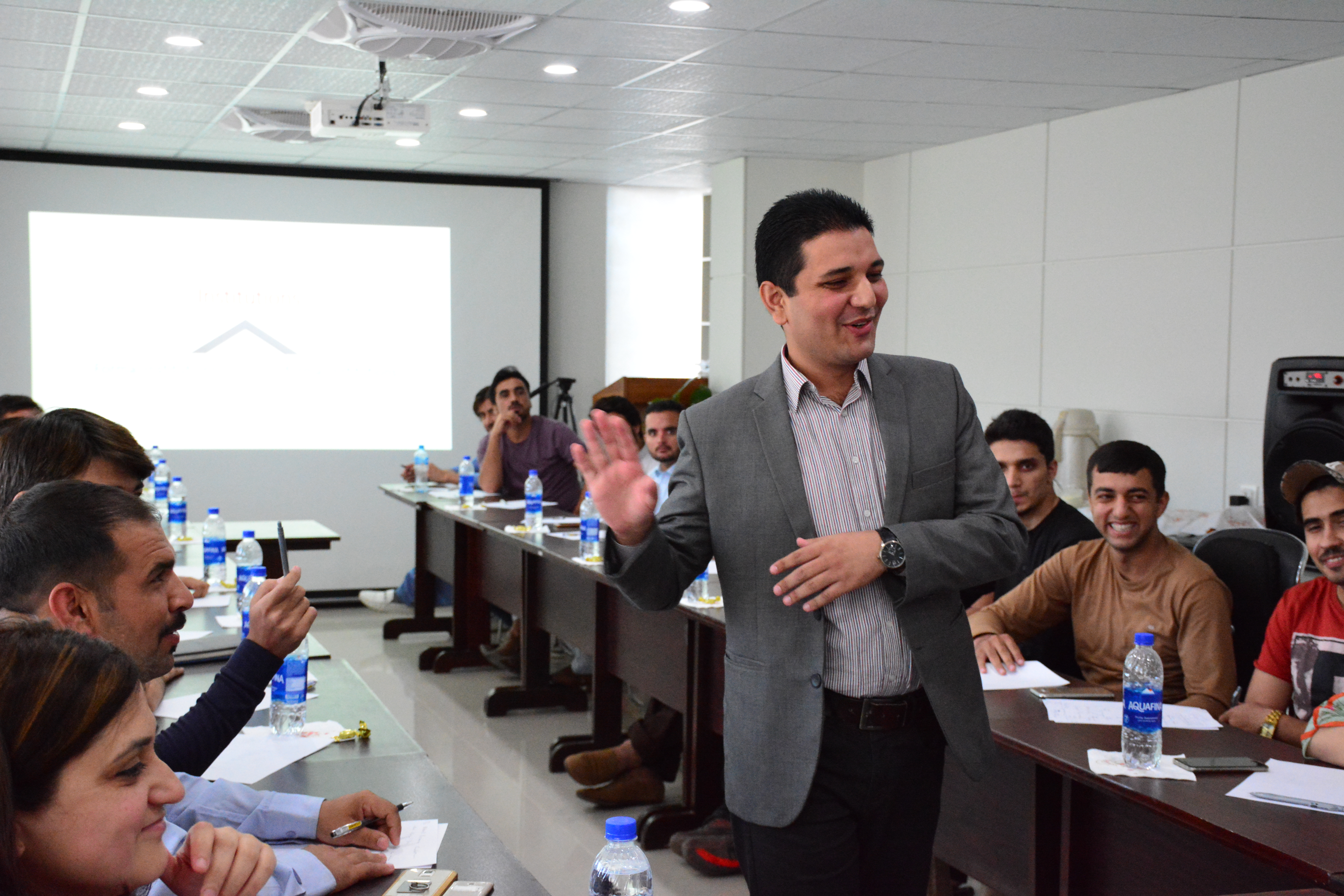
Categorizing the different types of institutions, Mr. Hussein stated that generally there are two kinds of institutions i.e. formal institutions and informal institutions. Formal institutions may include constitution, an economic framework, or rules and regulations of any or all regulatory authorities’ etc., while informal institutions comprise family, religion and education etc. Institutions conducive to economic development reduce the costs of economic activity. The costs include transaction costs such as search and information costs, bargaining and decision costs, policing and enforcement costs. They lower transaction costs by providing common legal frameworks (e.g. contracts and contract enforcement, commercial norms and rules), and they encourage trust by providing policing and justice systems for the adherence to common laws and regulations.
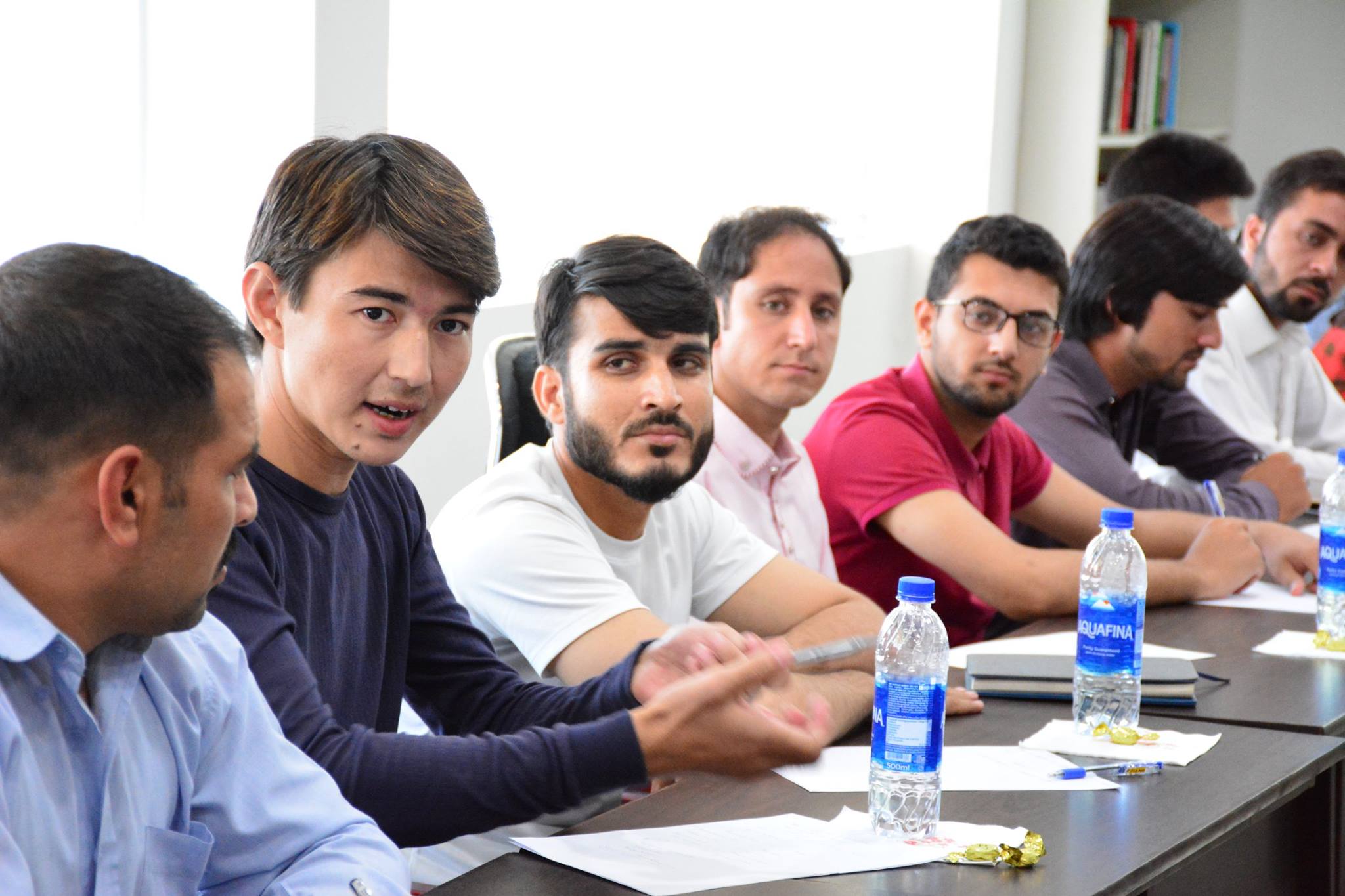
In the Q/A session, participants raised several questions regarding good and bad institutions, whether we can/should change the existing rules of the game if need be, what if rules and regulations themselves are hindering the development process and that who will change the rules of the game for the benefit of people.
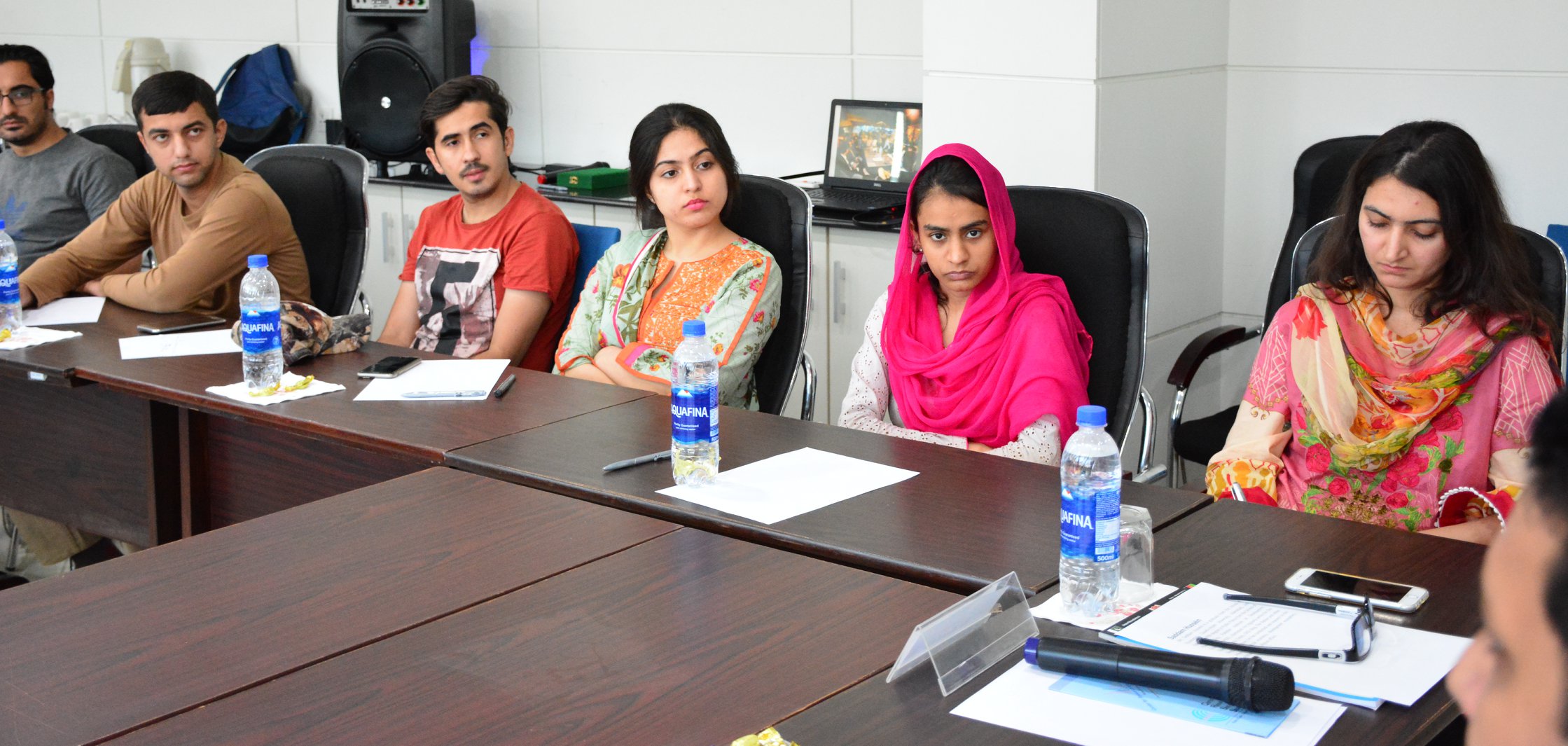
Responding to the queries, Saddam Hussein apprised the participants that rules of the game should be revisited and refined for more efficiency, productivity and a sustainable future. Tradition is always stronger than the rule. “We, the youth need to set the tradition of following the rules, ensuring rule of law in the long run”, he added. He acknowledged the fact that the hardest issue that human kind has ever faced is “who will monitor the monitor?”, but the emerging idea of self-enforcing institutions – the contemporary view of institutional economics, which would not require any monitor – is the gateway to future.
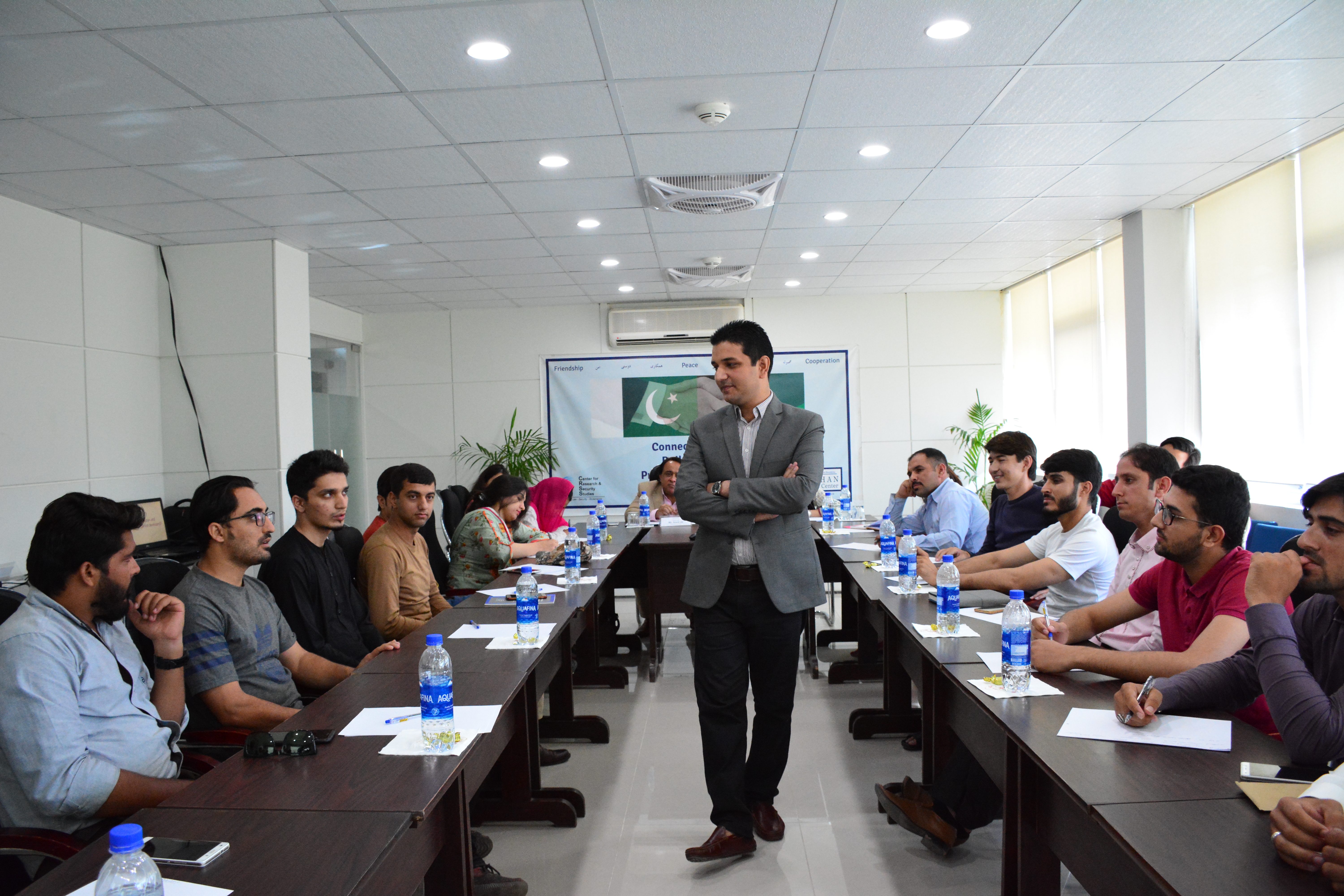
Mr. Aized Ali, Project Director CRSS, who was moderating the session, apprised the participants about the ongoing CRSS Pak-Afghan Track 1.5/II Initiative ‘Beyond Boundaries’ which is aimed at improving bilateral relations and bridging the gulf of mistrust between Pakistan and Afghanistan through respective groups of influencers – called the Pakistan-Afghanistan Joint Committee – comprising members who are and have been part of the government at the highest level and still have the position to lobby and influence both governments for policy making. This project started in October 2015 and is in the third phase now and will run through March 2020. He further told the participants that the idea of Afghan Studies Center emerged as an off-shoot of Beyond Boundaries, aimed to provide the youth of both countries a platform to dispassionately interact, exchange ideas for out of box thinking, engage in joint research ventures, as well as capacity building and skill development.
In response to the questions posed by the participants on the theme, he stated that universally, in a democratic system, there are three pillars of the state, namely the executive, the legislature and the judiciary. All other secondary institutions function under these three pillars. Unfortunately, in Pakistan and Afghanistan, like most of the third world and developing countries, the secondary institutions have not been developed and strengthened due to nepotism, corruption, bad governance, and dominant elitist culture; who have their own stakes in the system. Whereas, in the developed countries, which we call the ‘West’, the institutions have been developed and strengthened due to effective legislation and well-defined rules of the games and also due to the incentive structure – checks and balances. He stressed that it is high time for Pakistan and Afghanistan to adhere to constitutionalism, good governance, rule of law, transparency and accountability. If these universal principles are followed, only then the institutions will be developed and strengthened which in turn will lead to economic development in both countries, he elaborated.
The two main youth focused activities under ASC are the monthly Pak-Afghan youth dialogues and the youth training workshops (now being conducted on a quarterly basis). So far, fourteen youth dialogues have been held and this was the tenth training workshop in the series.
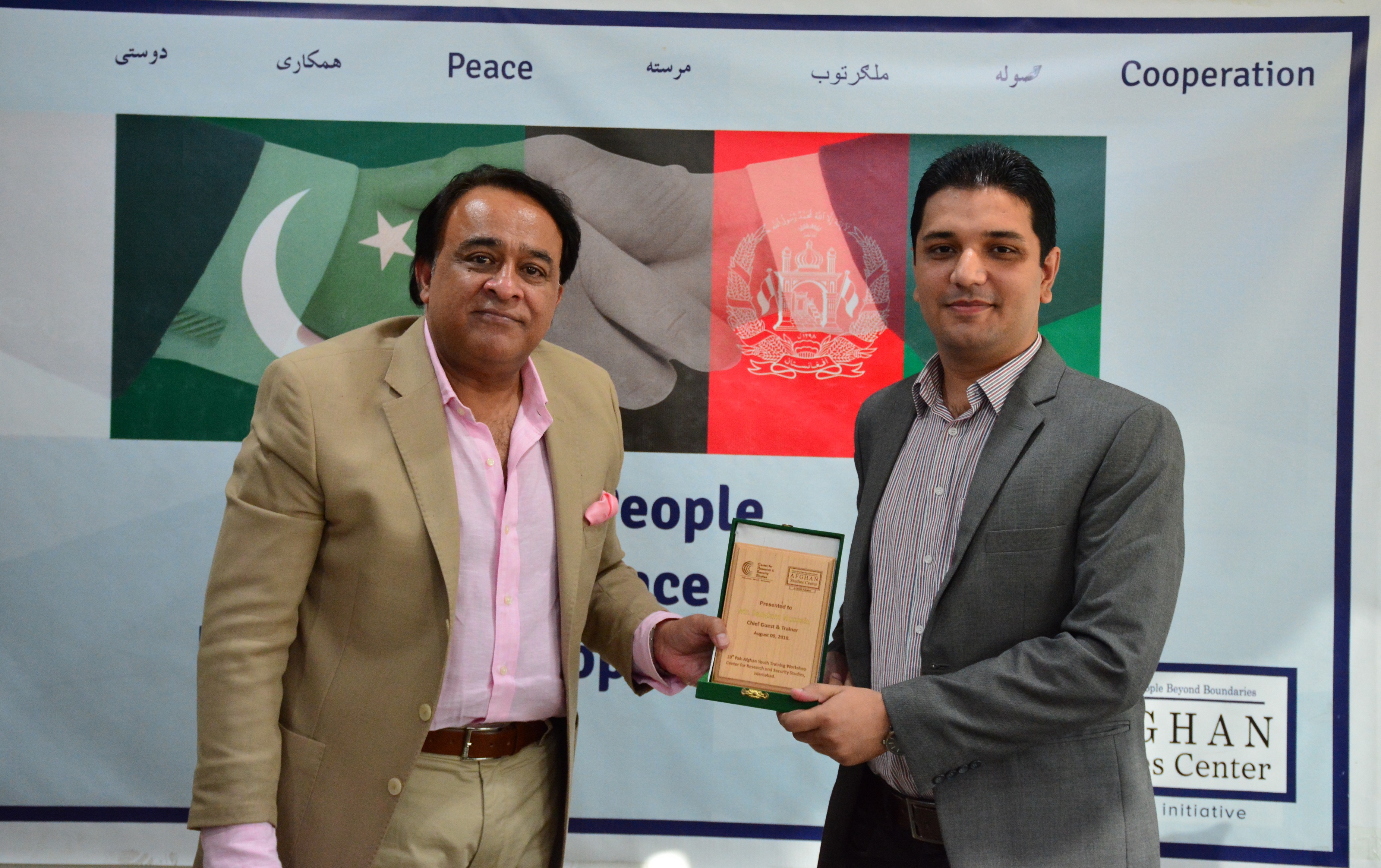
At the end, Mr. Aized Ali presented a shield of appreciation to the chief guest/trainer for his insightful training session, followed by a group picture of all participants with the Chief Guest.
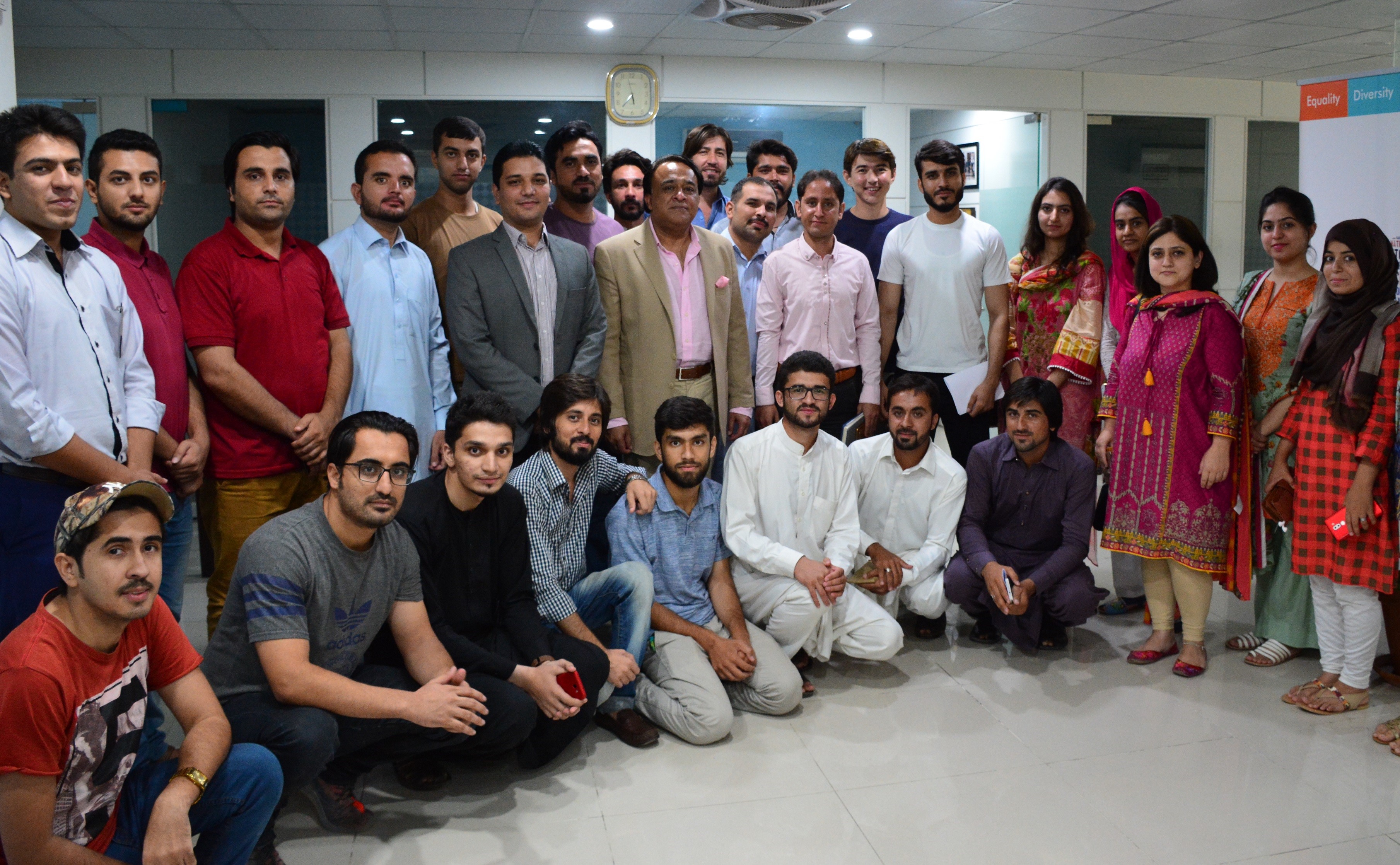
Consortium partner SaferWorld was represented by Policy Adviser Ms. Aimen Khan and Political Officer Adeela Bahar Khan from British High Commission also attended the session.
© Center for Research and Security Studies (CRSS) and Afghan Studies Center (ASC), Islamabad.



